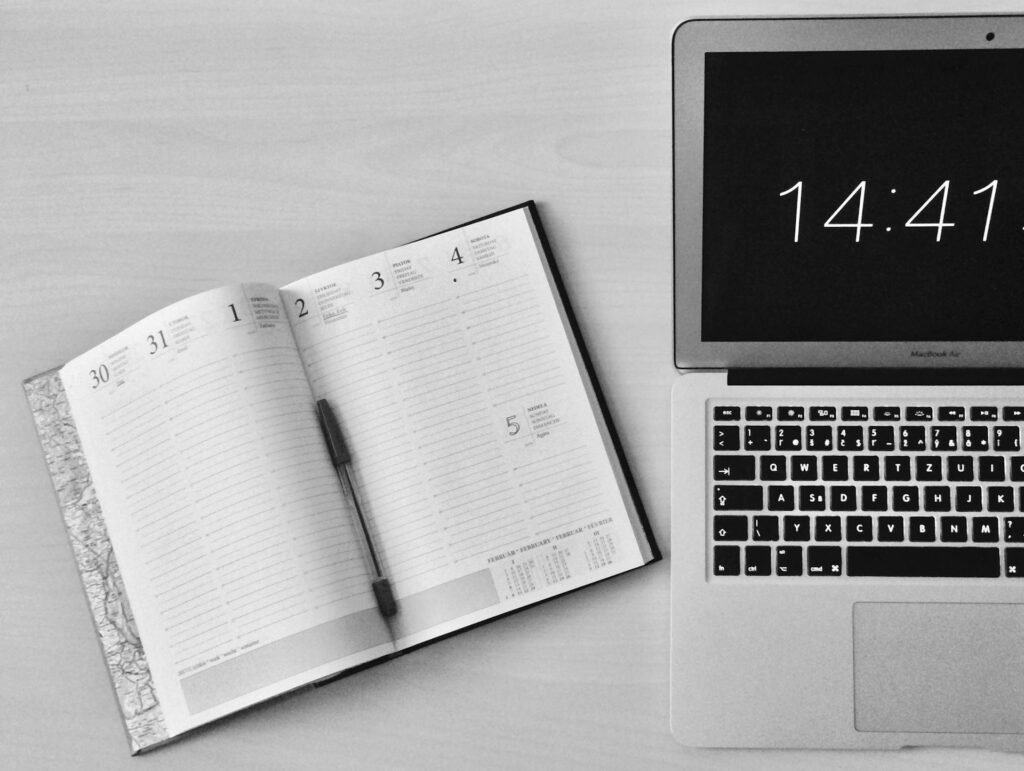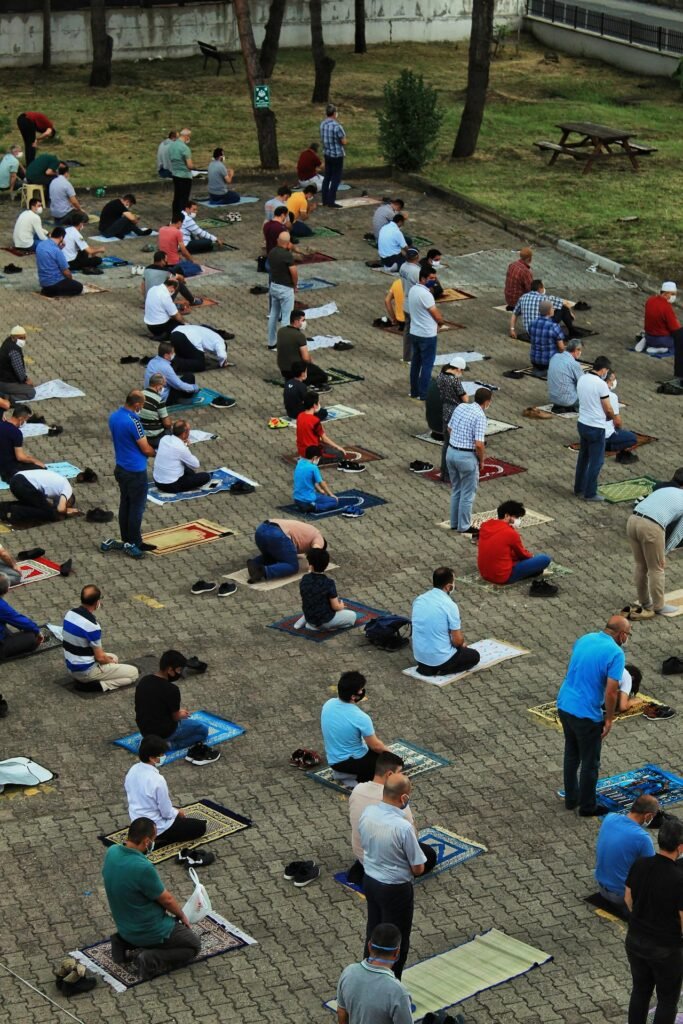Discover essential tips for working professionals on how to boost productivity and incorporate worship hacks during Ramadan. Find a balance between work and spiritual growth with our guide.
Ramadan, the ninth month of the Islamic lunar calendar, is a sacred time for Muslims worldwide. It is a month of fasting, prayer, reflection, and community. For working professionals, balancing the demands of work with the spiritual obligations of Ramadan can be challenging. However, with careful planning and effective strategies, it is possible to not only maintain productivity but also enhance it during this blessed month.

1 . Challenges Faced by Working Professionals During Ramadan
Managing Workload
One of the primary challenges faced by working professionals during Ramadan is managing their workload while fasting. With reduced energy levels and altered eating schedules, maintaining productivity can become a daunting task.
Balancing Religious Observance
Balancing religious observance, such as attending prayers and reciting the Quran, with professional responsibilities can be challenging. Many working professionals struggle to find the time and energy to engage in worship while meeting work deadlines.
Benefits of Fasting for Productivity
Fasting during Ramadan offers numerous benefits that can positively impact productivity in the workplace.
Improved Focus and Concentration
Fasting helps improve focus and concentration by eliminating distractions associated with food consumption. With a clearer mind, working professionals can tackle tasks more efficiently and effectively.
Enhanced Time Management Skills
The discipline required to fast fosters enhanced time management skills. Working professionals learn to prioritize tasks and allocate their time more effectively, leading to increased productivity.
2 . Tips to Boost Productivity During Ramadan
To optimize productivity during Ramadan, working professionals can implement the following tips:
Set Realistic Goals
Set realistic goals for each day, considering the limitations imposed by fasting. Break larger tasks into smaller, more manageable ones to prevent feeling overwhelmed.
Prioritize Tasks
Prioritize tasks based on their urgency and importance. Focus on completing high-priority tasks during periods of peak energy and concentration, such as after Suhoor (pre-dawn meal) or Iftar (breaking of fast).
Adjusting Your Work Schedule
Where possible, negotiate flexible working hours with your employer. Early mornings, when you’re refreshed from Suhoor, might be your most productive time. Consider starting your day earlier and wrapping up in time to prepare for Iftar and evening prayers.
Take Short Breaks
Take short breaks throughout the day to rest and rejuvenate. Use these breaks to perform ablution (Wudu), engage in brief prayer or reflection, or simply relax and recharge.
Stay Hydrated and Nourished
Stay hydrated and nourished during non-fasting hours to maintain energy levels and cognitive function. Consume nutritious meals and plenty of water during Suhoor and Iftar to support overall well-being.
Worship Hacks for Working Professionals
Incorporating worship into daily routines can help working professionals fulfill their religious obligations while managing work commitments.
Utilize Lunch Breaks for Prayer
Use lunch breaks as an opportunity to perform Dhuhr (midday) and Asr (afternoon) prayers. Coordinate with colleagues or supervisors to ensure adequate time for prayer without disrupting workflow.

Incorporate Dhikr into Daily Routine
Incorporate Dhikr (remembrance of Allah) into daily routines by reciting short phrases or verses throughout the day. This practice helps maintain spiritual focus and connection amidst busy work schedules.
Attend Taraweeh Prayers Strategically
Attend Taraweeh prayers strategically to minimize disruption to work schedules. Choose nearby mosques or prayer facilities and plan transportation and timing accordingly to maximize efficiency.
Creating a Supportive Work Environment
Creating a supportive work environment is essential for working professionals during Ramadan.
Communicate with Colleagues and Employers
Communicate openly with colleagues and employers about Ramadan and its significance. Educate them about the challenges faced by fasting individuals and discuss potential accommodations or adjustments to facilitate a more inclusive work environment.

Arrange Flexible Working Hours
Arrange flexible working hours, if possible, to accommodate religious obligations such as attending Taraweeh prayers or breaking fast with family. Flexible scheduling allows working professionals to manage their time more effectively and maintain work-life balance.
Foster Understanding and Respect
Foster understanding and respect among coworkers of different religious and cultural backgrounds. Encourage dialogue and mutual support, emphasizing the importance of diversity and inclusion in the workplace.
Nutritional Planning for Energy
Maintaining energy levels is crucial for working professionals during Ramadan. Focus on a balanced Suhoor with slow-releasing carbohydrates, proteins, and plenty of fluids to keep you hydrated and energized throughout the day.

3 . Maximizing Productivity During Ramadan
Time Management Strategies
Effective time management is key to balancing work and worship. Create a daily schedule that includes dedicated blocks for focused work, prayer, Quran reading, and rest. Avoid unnecessary meetings and use productivity tools to stay on track.

Prioritizing Tasks and Delegating
Identify your most important tasks and tackle them when your energy levels are highest. Don’t hesitate to delegate tasks when appropriate, ensuring you maintain work quality without compromising your spiritual commitments.
Utilizing Technology for Efficiency
Leverage technology to streamline your workload. Use apps to manage your tasks, set reminders for prayer times, and even participate in online religious activities when you can’t attend in person.
4 . Worship Hacks for Busy Professionals
Incorporating Short, Impactful Worship Practices
Short, focused periods of worship can be deeply fulfilling. Dedicate a few minutes throughout your workday for Dhikr (remembrance of Allah), short Surahs (chapters of the Quran), and Dua (supplications).
Using Apps and Reminders for Prayer Times
Stay on top of your prayer schedule with mobile apps that send reminders for prayer times and Qibla direction. This is especially helpful for professionals whose work schedules might not always align with prayer times.
Engaging in Community and Virtual Ibadah
Participate in virtual Taraweeh prayers or Quran study groups if you can’t attend mosque prayers due to work commitments. Engaging with your community, even virtually, can enhance your Ramadan experience.

Healthy Suhoor and Iftar Ideas
Opt for nutritious meals that provide sustained energy. Incorporate whole grains, lean proteins, and fruits and vegetables into your Suhoor and Iftar to fuel your body and mind.
The Importance of Hydration
Hydration is critical during Ramadan, especially for working professionals. Consume plenty of water between Iftar and Suhoor to prevent dehydration during the fasting hours.
Managing Sleep and Naps
Adequate sleep is essential for maintaining productivity. If possible, take short naps during the day to refresh your mind and body, ensuring you’re able to focus on work and worship.
Dealing with Hunger and Fatigue
Plan your meals carefully to mitigate hunger and fatigue. Include energy-boosting foods in your diet and allow yourself short breaks during the day to recharge.
Balancing Social Obligations and Taraweeh
Ramadan is a time for community and fellowship, but social obligations can be overwhelming. Prioritize your activities and find a balance that allows you to engage socially without compromising your professional and worship commitments.
Handling Work Deadlines and Meetings
Plan ahead for work deadlines and meetings, aiming to clear as much of your workload before Ramadan. Communicate with your team and supervisors about your Ramadan commitments to manage expectations.
Personal Development and Self-Reflection
Ramadan offers a unique opportunity for personal development. Use this time for self-reflection, setting personal and professional goals, and working on self-improvement.
Strengthening Faith and Community Bonds
The communal aspects of Ramadan can help strengthen your faith and your bonds with others. Engage in communal worship, charity, and iftar gatherings to deepen your connection to your faith and community.

5 . Post-Ramadan: Carrying Forward the Momentum
Implementing Ramadan’s Lessons Year-Round
The habits and practices developed during Ramadan can have lasting benefits. Strive to maintain your improved work ethic, spiritual practices, and community engagement throughout the year.
Setting Long-Term Personal and Professional Goals
Use the clarity and focus gained during Ramadan to set long-term goals. Whether it’s advancing in your career, deepening your spiritual practices, or contributing more to your community, let the momentum of Ramadan propel you forward.
Conclusion
Ramadan presents unique challenges and opportunities for working professionals seeking to balance productivity with religious observance. By implementing practical strategies and fostering a supportive work environment, individuals can not only maintain productivity but also enhance their spiritual growth during this auspicious month.
Also you may click this link to find ways to achieve mindfulness in Ramadan.
FAQs
How can I stay focused at work while fasting during Ramadan?
>> Prioritize tasks, take regular breaks, and stay hydrated to maintain focus and energy levels throughout the day.
Is it possible to adjust my work schedule during Ramadan?
>> Depending on your employer’s policies, you may be able to arrange flexible working hours to accommodate religious obligations.
What are some practical tips for incorporating worship into my daily routine during Ramadan?
>> Utilize lunch breaks for prayer, incorporate Dhikr into daily activities, and attend Taraweeh prayers strategically to maximize spiritual engagement.
How can I communicate my needs as a fasting individual to my colleagues and supervisors?
>> Openly communicate your needs and concerns with colleagues and employers, emphasizing the significance of Ramadan and the importance of accommodating religious observance.
What steps can employers take to support fasting employees during Ramadan?
>> Employers can offer flexible working hours, provide designated prayer spaces, and promote cultural awareness and respect within the workplace.




